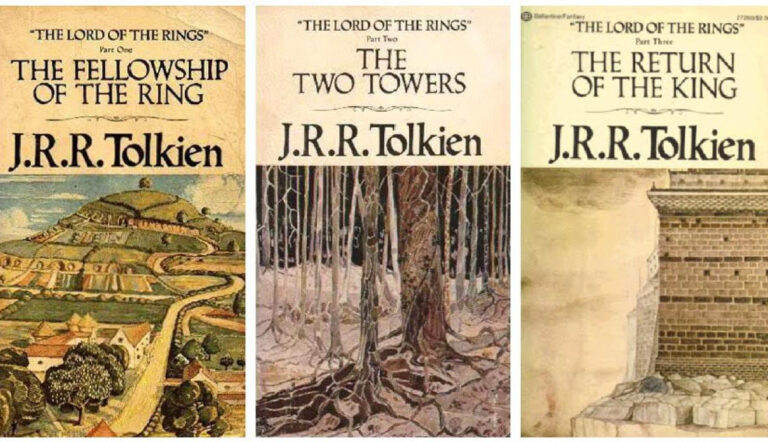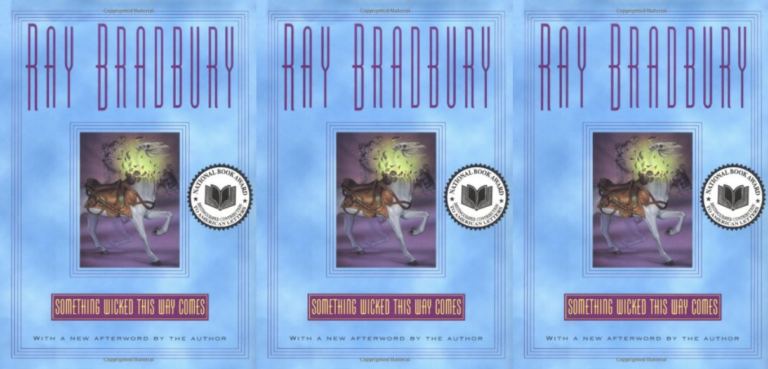The Best Short Story I Read in a Lit Mag This Week: “Oil Dog” by Kelly Dulaney
It can be difficult to write short stories about large global issues—take, for instance, our worldwide dependency on fossil fuels—and not have it come off as preachy, in need of novel-length expansion, or as a coy thematic stand-in for our characters’ interior lives. Kelly Dulaney’s short story “Oil Dog” (The Collagist) suffers none of those faults; it personifies the dark side of oil dependency in the form of a demon dog, tracking its presence throughout history, making the reader face its terror head on.
We first meet the oil dog in the year 1942. He visits the physicist Richard Gordon, who’s currently employed in the military, on a training mission with fellow soldiers in an unnamed desert.
“When he opens his eyes again, an oil dog is dancing beside the idling engine. It laughs. Richard Gordon! Richard Gordon! it says. The oil drips from its fur, staining the sand. It snaps its teeth suddenly. It lowers its voice until its words sound like snares. You’ll never shake me off, Richard Gordon, it says. I’ll always eat at your heels.”
Richard Gordon ignores the dog and the threat. We discover—through a flashback to 1939—that Richard has been bothered by him now for a few years, but he’s always resisted.
But why is the oil dog after Gordon? The answer comes when Dulaney sends us forward thirty years, where we discover that Gordan is working for an oil company, plotting the points for a pipeline from Alaska. There, in a bush plane overhead, he captures a glimpse of the oil dog over Prudhoe Bay, AK (home of the largest oil field in the United States). We can only assume that the oil dog wanted this to happen, and that Gordon is doing his bidding by getting the oil out of the ground.
But that still doesn’t answer why the dog wants humans to unearth the oil in the first place. Dulaney jumps ahead to Kandahar, 2011, where Richard Gordon’s son is a soldier in the field, to provide us a partial answer.
“Hey, another soldier says. Look.
My brother stiffens around his rifle and stares: the water is pitted with oil spots. Their ugly sheen splinters the noon light into needles.
Then, in the distance, there is a repeating rifle fire. It rolls like a low laughter, saying oss, oss, oss, and the soldiers still beside the canal, flexing their fingers against triggers. What is that coming from? asks one of the other privates.
A dog, my brother answers, his eyes cut into slits.”
Dulaney presents Oil Dog as the cause of conflict, running around, starting skirmishes, implicitly starting wars. So what is the full nature of this dog? Dulaney takes us back to 327 BCE, in a scene featuring Alexander the Great and his wife, Roshanak that echoes a biblical Garden of Eden and the introduction of original sin, further establishing Oil Dog as, well, evil embodied.
“They return the way they came, hand in hand. But at the edge of the dunes, Alexander slows his stride and then stands still, staring at an oil-stained outcropping of rock, and at the seep beneath it. What is that? he says.
Boats can be built with it, or it can be burned, Roshanak says. Her hand sweats in his. Don’t touch it. Leave it alone, Alexander.”
Witness the unearthing of Oil Dog; there’s been trouble ever since.
I could imagine a different sort of critic taking issue with the story because in personifying the dangers of oil into a dog it fails to address that the real evil resides in the hearts of the characters. But I think that critique misses the point. The magical elements of stories like this can sometimes better present a reality than those strictly following the rules of realism. By choosing to embody a personal and historical reality into something truly on-the-page scary, by representing the oil crisis and humanity’s evil not as an internal matter of the heart—depicted by thoughts and feelings and actions—but instead as a terrifying demon dog, Dulaney takes what has too often been hidden behind lofty political rationalization, marketplace theory, and war propaganda and instead paints new and vividly how physical the consequences have been. Dulaney shows us the nature of our oil dependency for what it truly is: an absolute bloody nightmare.
But not one without hope. Look what happens in the last section, with Richard Gordon’s son, in 2011 Kandahar.
“Elsewhere, my brother is battling the oil dog. He crouches in wet, red sand and balances on his bad knee. The oil dog stands at the top of sand dune. It opens its mouth. It says the first syllable of his name. Oss—it hisses, grinning.
My brother raises his rifle and shoots it, shoots it, shoots it.
Bullets begin to crawl through its stomach. The oil dog stumbles, surprised.”
Are we at a point, for the first time since its discovery, where we’re able to quit heeding the call of the Oil Dog? Let’s hope so.


